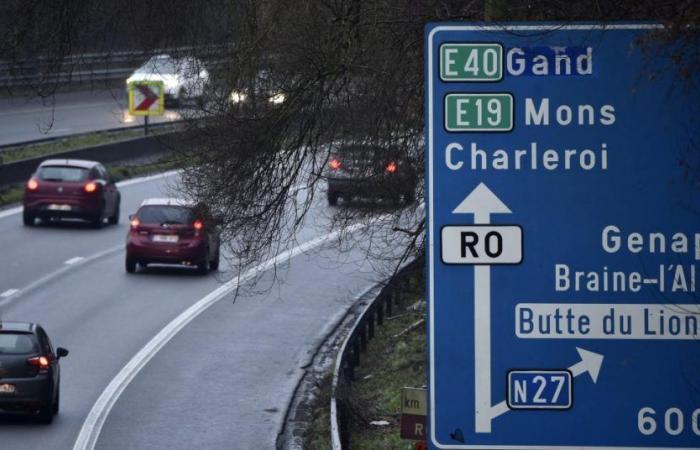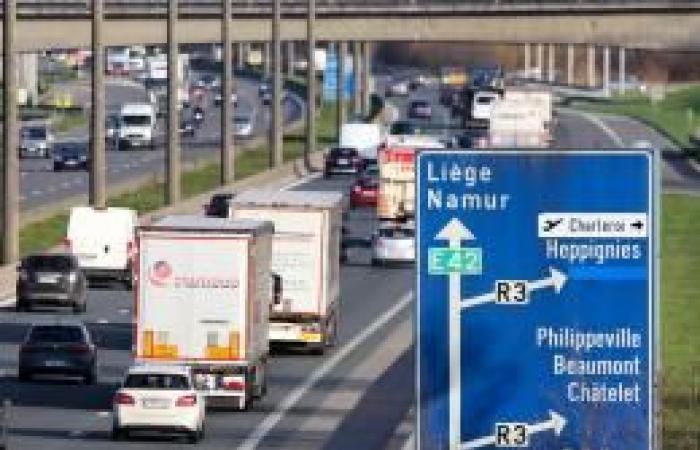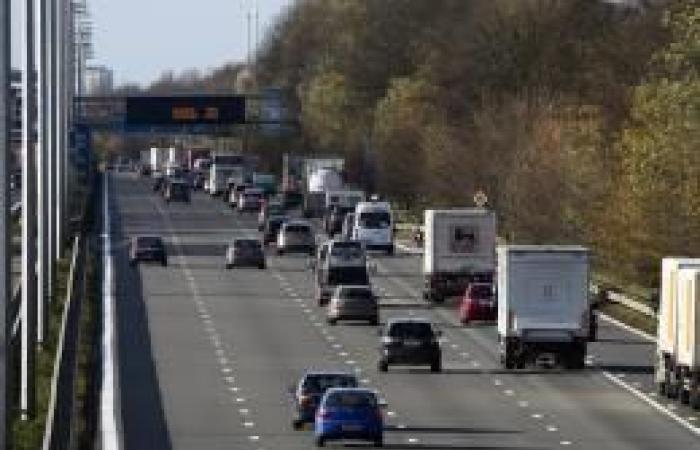Urban toll, tax per kilometer, mobility experts are clear: the federal state will have to find a way to compensate for these future losses, promised to be increasingly heavy, in revenue linked to the reduction of excise duties on fuels.
Taxation per kilometer is their preferred solution. How to extinguish the predictable anger of motorists? By planning a very gradual introduction and perfectly calculated to bring in sufficient revenue without upsetting the Belgians. The key would then be to transform this irritation into an incentive to leave your car in the garage more often than today (the objective of taxation per kilometer: the more you drive, the more you pay). The system could also be introduced as a priority on the most congested routes (the rings around large cities) and the pricing depends on the time (week or weekend, peak or off-peak hours). With 10% to 15% fewer vehicles, traffic jams are quickly reduced by 30%, according to university studies.
“Payer pig”
Remember that pricing per kilometer works with a GPS system, exactly like the current system that affects trucks.
Furthermore, what would happen if a more subtle system (higher pricing during peak hours) did not bring in enough money for the State? Experts fear that the government will develop other ideas: a road tax on electric cars… or on charging stations. In short, the risk that the citizen will drink at the end of the race is not about to dissipate!








